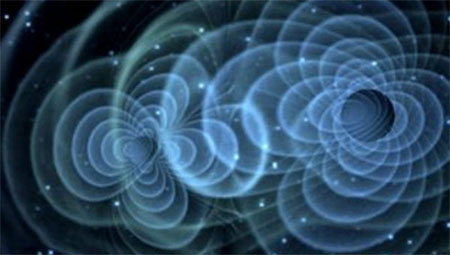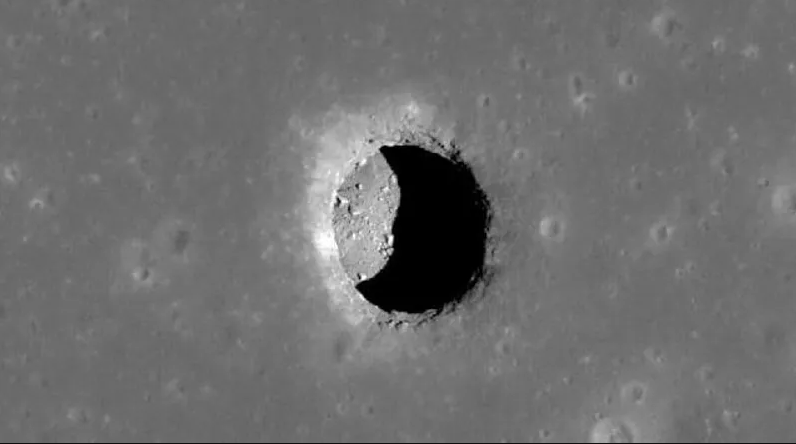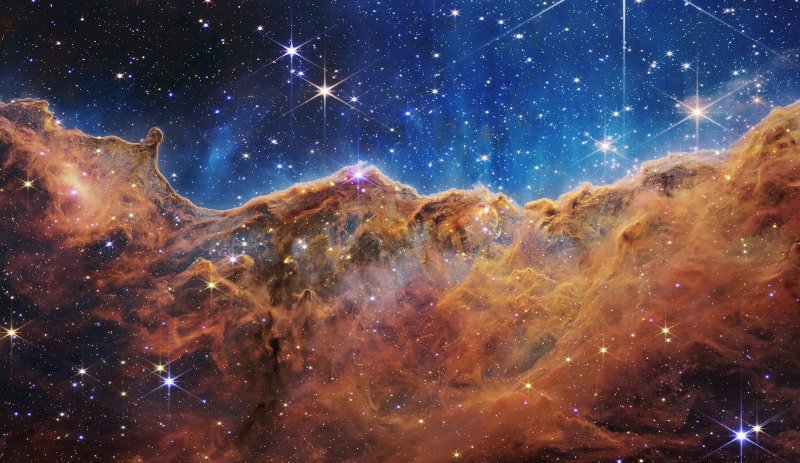
- A-
- A
- A+
Dawn of a New Era in Science
New Era in ScienceBy announcing the first detection of gravitational waves, scientists have vindicated Einstein and given humans a new way to look at the universe.
More than a billion years ago, in a galaxy that sits more than a billion light-years away, two black holes spiraled together and collided. We can’t see this collision, but we know it happened because, as Albert Einstein predicted a century ago, gravitational waves rippled out from it and traveled across the universe to an ultra-sensitive detector here on Earth.
This discovery, announced today by researchers with the Laser Interferometer Gravitational-wave Observatory (LIGO), marks another triumph for Einstein’s general theory of relativity. And more importantly, it marks the beginning of a new era in the study of the universe: the advent of gravitational-wave astronomy. The universe has just become a much more interesting place.
The discovery was a bit of a surprise: The collision of two black holes is a rare event, although it’s a powerful one. As the two black holes spiraled in toward each other, they churned up spacetime, generating an ever-louder and faster cycle of waves, strong enough for LIGO to spot it from 1.3 billion light-years away, far beyond the expectations of the researchers.
Few physicists doubt gravitational waves exist: Their effects have been visible for decades in astronomical observations. But some doubted we’d ever detect them directly, because although they ripple spacetime, like rings moving outward in a pond, they are extremely faint. It’s especially difficult to detect them on Earth where there is a great deal of seismic activity. This discovery could only be made with an exquisite instrument like LIGO, which required astronomical amounts of money, decades of careful planning, and a group of researchers numbering in the thousands. And it was all worth it, for LIGO’s detection is much more significant than a single observation. The entire cosmos is awash in gravitational waves, and astronomers finally have a way to see them.
Similar News
Links



 Elm TV
Elm TV
 Photo
Photo
 Video
Video





